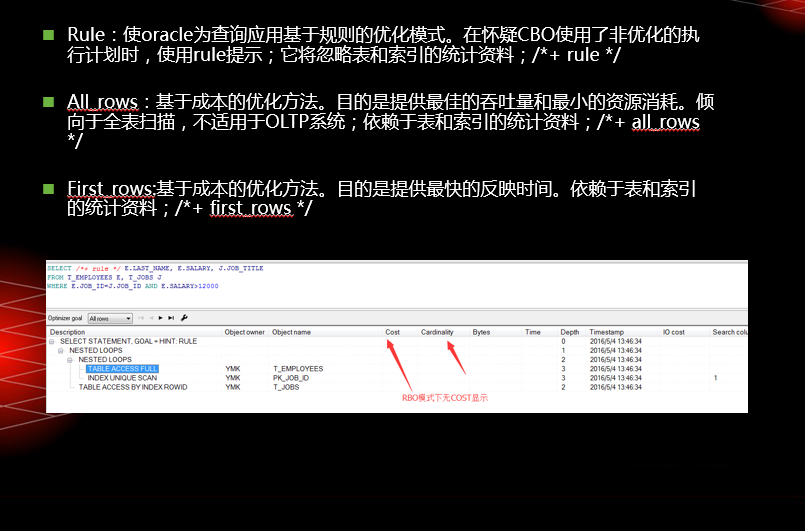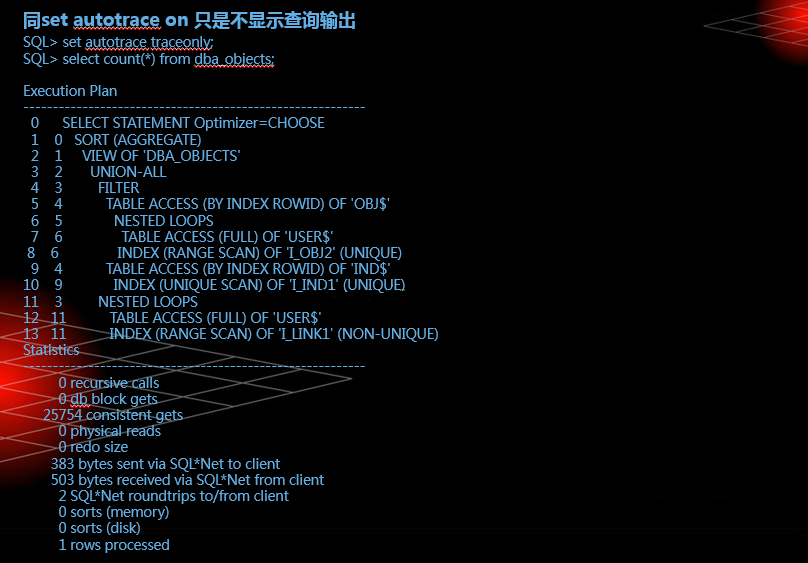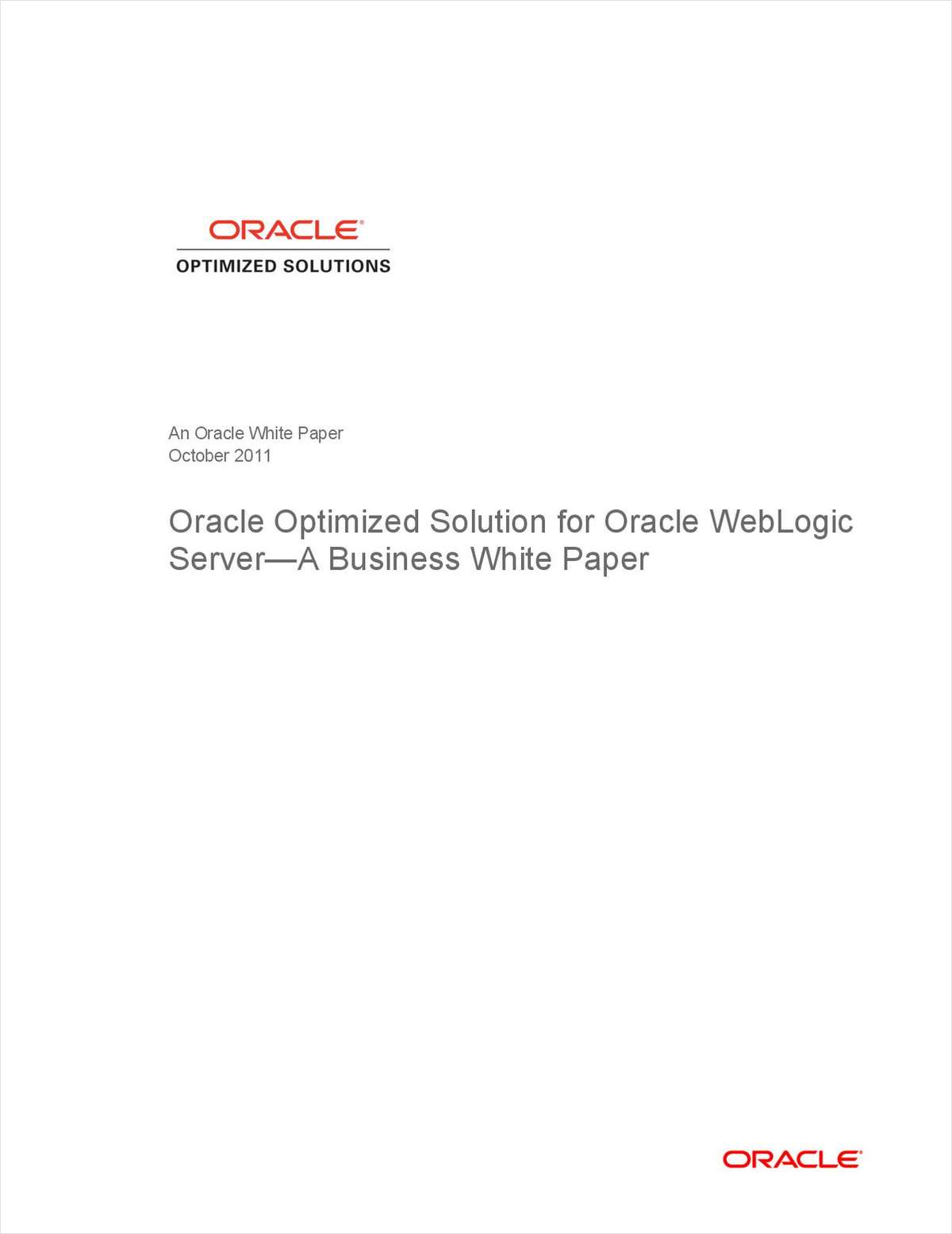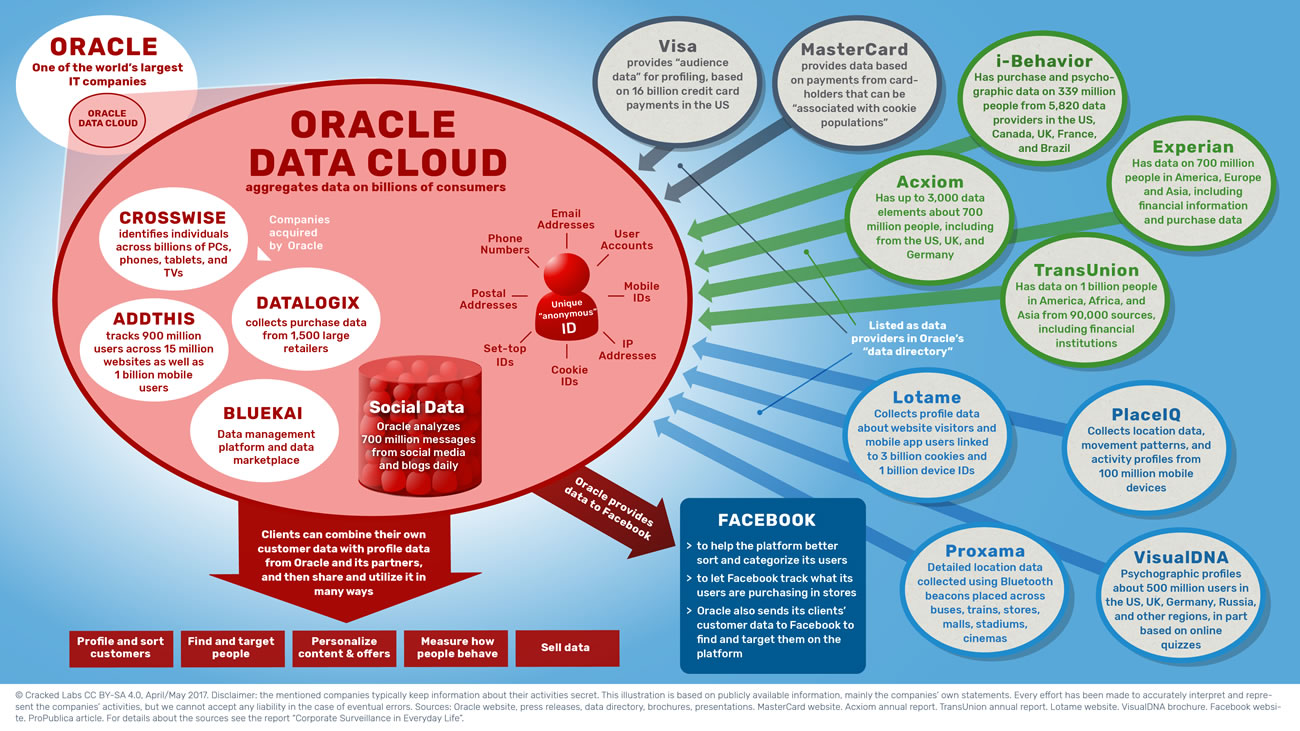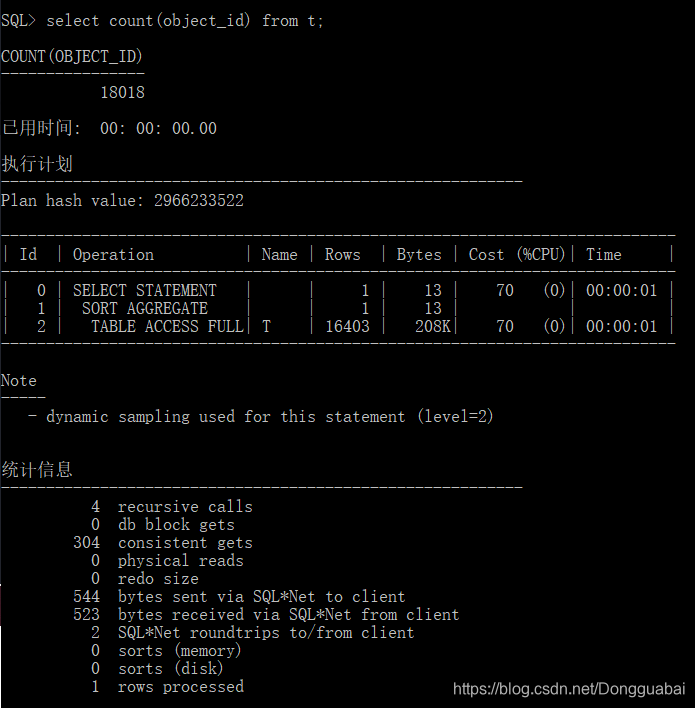Top Notch Info About How To Reduce Consistent Gets In Oracle

The word 'consistent' is used as a technical term, contrasted with 'current';
How to reduce consistent gets in oracle. I bounced the database 2. This chapter explains how oracle database maintains consistent data in a multiuser database environment. Oracle database discussions reduce logical io [db block gets/consistent gets] luckys sep 20 2007 — edited oct 1 2007 hi, still i'm unsure about the logical io.
How can oracle 11g reduce consistent gets in nest loop? If you have to consume a lot of resources (physical io, or buffer gets, or cpu or anything else that is a limited resource) when running sql, then whoever or. Set autotrace on in sql*plus 3.
The reason this has happened is. Buffers are usually retrieved in. Instead of getting that index block.
634088 may 29 2009 — edited may 29 2009 hi, i have a query with below execution statistics (i am using oracle 10.2.0.3) elapsed:. Hello tomthis is my first question in this great site.in oracle 11g,i cant understand why the consistent gets in nest loop reduced so much,can you explain it in depth?test scriptset autotrace. Not all buffer touches are created equal, and oracle has several types of consistent gets, the term used by oracle to describe an oracle i/o that is done exclusively from the.
The second is reduce the. We get the blocks in the mode we need them. How to reduce buffer gets for an sql?
The first one is reduce the recursive call of the sql. In a nutshell, we must remember that oracle makes multiple copies of a data block in the ram buffers to support concurrent updates and a consistent get is any get from the. If you full scan a table t that has n blocks and r rows and you use an array fetch size of a, we will typically perform the following number of consistent gets:
(just like if you watch your pennies, your dollars take. Number of buffers retrieved in consistent mode. The assurance that users can access data at the same time ( data concurrency ) the assurance that each user sees a consistent.
This lead to an ~88% reduction in consistent gets (work) done by the query and a 95%+ reduction in runtime on my local vm.



